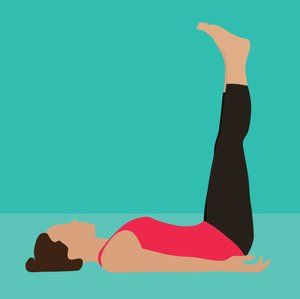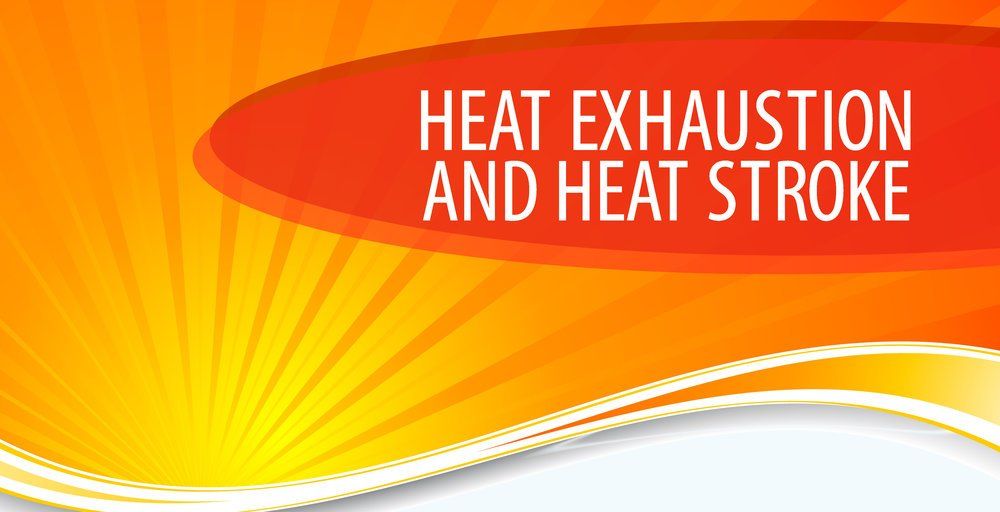While we can’t always avoid stressful situations, we can focus on how we react to them – which has a huge impact on your body.
A stressful situation causes the adrenal glands to produce adrenaline and cortisol. This speeds up your heart rate, blood pressure rises, pupils dilate, liver releases glucose, and blood flow to muscles increase. With acute stress, this is all great because it prepares your body to be ready for the “fight or flight” response. A small dose of cortisol provides a quick burst of energy and can help maintain homeostasis in the body.
When you are exposed to cortisol long term, it creates chronic stress which is not healthy. Your immune system is weakened and you become susceptible to more serious health concerns. Stress takes a toll on the body. Stress forces muscles to be in a constant state of tension, particularly in the head, neck, & shoulders. Do you experience repeated stressors in your life? You may have even stopped noticing them and consider these stressors as a normal part of your routine. If stress has become commonplace, your mind and body are paying the price. Physical signs of stress include irritability and fatigue.
Spend some time on self-care. You may feel that you don’t have time to relax, but it’s ESSENTIAL!
If you’re still not convinced, benefits of relaxation include:
- IMPROVES MOOD AND CONCENTRATION
- REDUCES FATIGUE
- BOOSTS CONFIDENCE
- BOOSTS MEMORY
- LOWERS BLOOD PRESSURE
- SLOWS YOUR BREATHING RATE
- INCREASES BLOOD FLOW TO MUSCLES
- REDUCES MUSCLE TENSION
Incorporating these habits into your daily routine can help prevent stress before it becomes too much.
- Make a game plan.
To-do lists help keep you focused.
- Set realistic expectations.
Your to-do list won’t help your stress levels if you aren’t able to reduce it. Scale it down and feel accomplished for the things you do check off that list.
- Make a budget to avoid going overboard. Money is one of the most stressful factors for Americans.
- Eat & Drink wisely. Proper nutrition is so important for your overall well-being. Eat balanced amounts of whole grains, lean meats, and fresh fruits & veggies. Don’t forget to stay hydrated with plenty of water throughout the day.
- Get enough sleep. If you are sleep deprived, your body is working harder than it has to, which leads to higher levels of cortisol. Take a nap if you have a particularly sleepless night.
- Avoid media overload. TV, radio, internet, e-mail, & social media. Set some time aside to let the mind and body be free from these distractions each day.
Sit comfortably and close your eyes. Focus your attention on a positive mantra, letting distracting thoughts pass and syncing your breathing.
You can use a foam roller or tennis ball to massage tense muscles. Also try a warm heat wrap around the neck and shoulders to relax muscles in those areas.
Or, take a page from the yoga book and try this restorative, relaxing pose. Simply lie on your back and extend your legs up on the wall and rest them fully against the wall. This gentle inversion is known for its calming benefits. Lay in this posture for a few minutes and let gravity do the work to improve your circulation.
Cardiovascular exercise releases endorphins, which make us feel happier and ease anxiety.
Laughing can help lower adrenaline and cortisol levels.
Appreciate what you have, savor the good experiences, and cancel out the negative thoughts.




